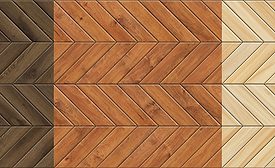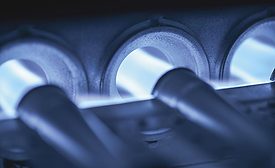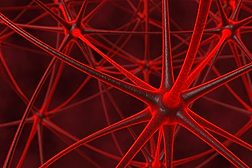Articles by Marco Heuer
Hard and Invisible
Nanosilica Particle Technology in Solventborne, High-Gloss, Two-Pack PUR Clearcoats for Plastics
Read More
Keep the info flowing with our eNewsletters!
Get the latest industry updates tailored your way.
JOIN TODAY!Copyright ©2025. All Rights Reserved BNP Media.
Design, CMS, Hosting & Web Development :: ePublishing





